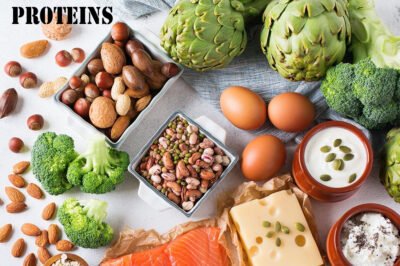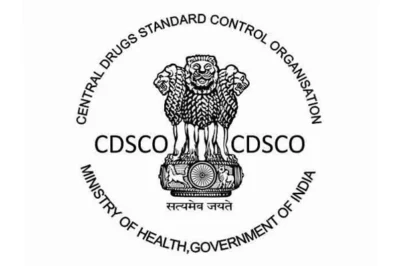Protein is a crucial component of every diet, essential for building and repairing tissues, making enzymes and hormones, and supporting overall health and muscle mass. But with varying dietary guidelines and numerous protein sources available, determining the right amount of daily protein can be confusing. Is there a one-size-fits-all answer, or does our protein requirement vary based on lifestyle and health goals?
Understanding Protein Needs:
Protein requirements can vary significantly based on age, sex, physical activity, and health conditions. The Recommended Dietary Allowance (RDA) for protein is 0.8 grams per kilogram of body weight for the average adult. This amount is designed to meet the basic nutritional requirements of the majority of the population. However, this is just a starting point, as individuals who are more active may need more protein to repair muscles and support recovery.
Factors Influencing Protein Requirements:
For athletes or those with physically demanding jobs, protein needs might increase to between 1.2 to 2.0 grams per kilogram of body weight. This is due to the greater need for muscle repair and growth. On the other hand, elderly individuals might also need a higher intake to prevent muscle loss associated with aging. Pregnant or breastfeeding women should also adjust their protein intake upwards to support fetal and infant development.
Sources of Protein:
Protein can come from both animal and plant sources. Animal-based proteins (such as meats, dairy, and eggs) contain all essential amino acids and are considered complete proteins. Plant-based proteins (like beans, lentils, and tofu) often lack one or more essential amino acids but can be combined with other foods to form a complete protein profile. Choosing a variety of protein sources can help ensure a balanced intake of amino acids and other nutrients.
Health Implications of Protein Intake:
While it’s important to get enough protein, excessive intake can also have health implications, especially in individuals with kidney disease, where high protein intake can exacerbate kidney problems. It’s also essential to consider the source of protein, as some high-protein foods are also high in unhealthy fats and calories.
Conclusion:
Determining the right amount of protein is a balance of many factors, including age, activity level, and health goals. As nutritional needs vary widely, it’s beneficial to personalize protein intake based on individual circumstances rather than sticking strictly to general guidelines. What has been your approach to managing your protein intake, and how has it impacted your health and fitness goals?




































































Leave a Reply